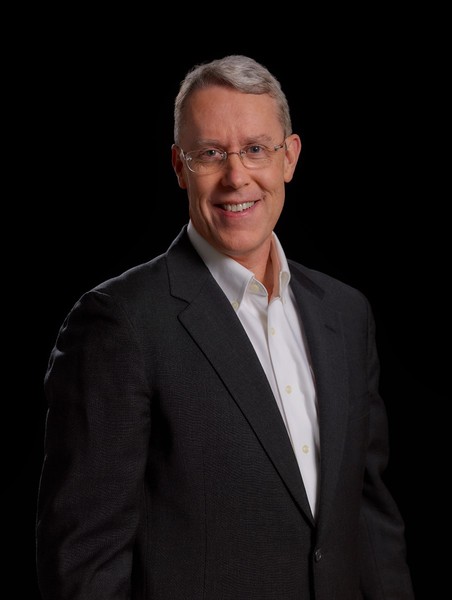
Infinite Careers is a collaboration between Career Services (CAPD) and the MIT Alumni Association to explore career paths and the non-linearity of career decision making. Read profiles of alumni with unique career paths, hear their stories and network at a series of talks.
David Cist
Education
- Course 22 (M.Sc.)
- Course 12 (Ph.D.) ’99
Biography
After graduating from Princeton ‘85 in Electrical Engineering and Computer Science, David joined the radiology research team at Siemens Medical, first in the states, then at their headquarters in Germany. Among other things, he developed the first voice controlled cardiac catheter gantry, which was successfully tested at clinical trial in Austria. After five years, he finally took the advice of some wonderful old codgers at Siemens and left for grad school at MIT.
For his Master’s degree in the Radiology Science and Technology Program (Course 22), David developed a fully automated Simulated Annealing inversion method for SPECT head scans. Then after meeting an archaeologist digging in Israel, he switched instead into imaging Mother Earth using ground-penetrating radar (GPR), which has turned into his lifelong passion. He completed his PhD in EAPS (Course 12) at the Earth Resources Lab while working for Geophysical Survey Systems Inc (GSSI).
After 19 years as an algorithm developer, he is now the head of R&D at GSSI and gets to work with his team to dream up “the next big things” in GPR. This spans forensics, archaeology, glaciology, Search and Rescue and asphalt and concrete research. GSSI’s latest cool new development is a radar array under cars, trucks and trains for autonomous navigation.
David’s Story
What influenced your choice of graduate programs? How have they shaped your career choices and professional ability?
Radiology Science seemed an interesting crossover between my interests in engineering and medicine. Geophysics was a great combination of my interests in imaging, algorithm development, biblical archaeology, and solution creation.
What do you wish you’d done differently or more of while you were at MIT?
While I don’t regret my choices, I would have enjoyed being more involved in the myriad communities and activities, instead of being so focused on my work. I often thought I would enjoy a simple desk job at MIT, just so I could go to all the evening lectures and concerts in the area.
What has been the most rewarding aspect of your career?
Getting to create things people really need!
Making decisions, especially important-feeling career decisions, is really challenging. What strategies have you used to make career decisions?
Focus on the goals: I try to ask in every situation, “what is the life-giving way forward.” That applies outwardly and inwardly. For example, more important than money or position, is the boss you work for.
What professional development experiences or opportunities shaped your early career?
Well, looking for lost cities in Israel and China was awesome. Mentors have taken me under their wing and created these opportunities for me, for which I will be forever grateful.
What professional development activities do you find really useful these days?
Going to conferences and shows is way more helpful that I had thought. They help seed future ideas for R&D and help connect you to people excited about what they are doing in your field.
What’s the best piece of career advice you’ve received?
My Mom: “the key to success is Selection and Concentration.” Start with the end in mind, think backwards to your next steps, select those, then execute!
What does “work-life balance” mean to you, and what do you do to maintain a work-life balance?
Grad School, like life, is a marathon not a sprint. I quickly realized I only have about 10 hours of really productive time in a day. Treating Grad school as a 6-5 job gave my life balance and meant that I wasn’t staying up till 4am on RedBull. This reduced a lot of drama I saw around me.
Last edited 2020


